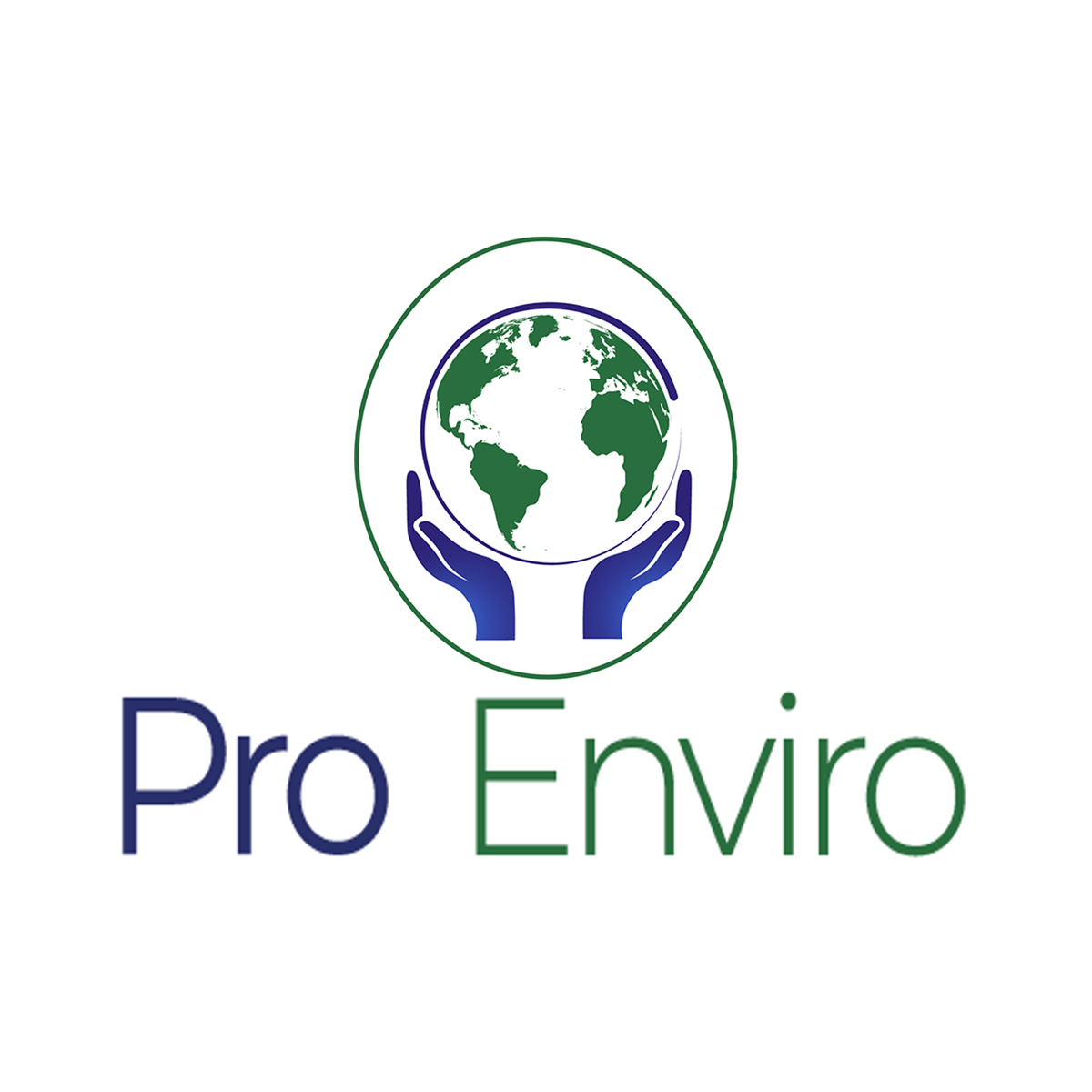

Pro Enviro

1.6
Warwickshire, United Kingdom
October 2025
Environmental consulting
Service with Minor Environmental Footprint
United Kingdom
Pro Enviro is a specialist consultancy in energy, process optimisation, and carbon emissions reduction. Since its inception over 30 years ago, the company has been at the forefront of delivering innovative solutions to decarbonise the UK’s energy-intensive industrial sectors. Renowned for its forward-thinking approach, Pro Enviro applies elegant and practical solutions to complex challenges in process efficiency and decarbonisation. Over the past 15 years, the company has developed a suite of advanced, web-based knowledge transfer platforms and online tools for energy management and carbon abatement. These tools are now widely adopted across the UK manufacturing sector. At Pro Enviro, we specialise in designing and implementing strategic Low-Carbon and energy-efficiency programmes. We work in close partnership with Government Departments, Innovate UK, local authorities, and leading universities to support the decarbonisation of UK industry. In the last nine years, Pro Enviro has played a pivotal role in delivering the highly successful Business Energy Efficiency Programme (BEEP) on behalf of Worcestershire County Council. This initiative has supported over 600 SMEs across Worcestershire, Herefordshire, and Shropshire with energy efficiency improvements and carbon reduction fun
Overall B Impact Score
Governance 18.8
Governance evaluates a company's overall mission, engagement around its social/environmental impact, ethics, and transparency. This section also evaluates the ability of a company to protect their mission and formally consider stakeholders in decision making through their corporate structure (e.g. benefit corporation) or corporate governing documents.
What is this? A company with an Impact Business Model is intentionally designed to create a specific positive outcome for one of its stakeholders - such as workers, community, environment, or customers.
Workers 23.6
Workers evaluates a company’s contributions to its employees’ financial security, health & safety, wellness, career development, and engagement & satisfaction. In addition, this section recognizes business models designed to benefit workers, such as companies that are at least 40% owned by non-executive employees and those that have workforce development programs to support individuals with barriers to employment.
Community 20.9
Community evaluates a company’s engagement with and impact on the communities in which it operates, hires from, and sources from. Topics include diversity, equity & inclusion, economic impact, civic engagement, charitable giving, and supply chain management. In addition, this section recognizes business models that are designed to address specific community-oriented problems, such as poverty alleviation through fair trade sourcing or distribution via microenterprises, producer cooperative models, locally focused economic development, and formal charitable giving commitments.
Environment 26.8
Environment evaluates a company’s overall environmental management practices as well as its impact on the air, climate, water, land, and biodiversity. This includes the direct impact of a company’s operations and, when applicable its supply chain and distribution channels. This section also recognizes companies with environmentally innovative production processes and those that sell products or services that have a positive environmental impact. Some examples might include products and services that create renewable energy, reduce consumption or waste, conserve land or wildlife, provide less toxic alternatives to the market, or educate people about environmental problems.
What is this? A company with an Impact Business Model is intentionally designed to create a specific positive outcome for one of its stakeholders - such as workers, community, environment, or customers.
Customers 3.0
Customers evaluates a company’s stewardship of its customers through the quality of its products and services, ethical marketing, data privacy and security, and feedback channels. In addition, this section recognizes products or services that are designed to address a particular social problem for or through its customers, such as health or educational products, arts & media products, serving underserved customers/clients, and services that improve the social impact of other businesses or organizations.